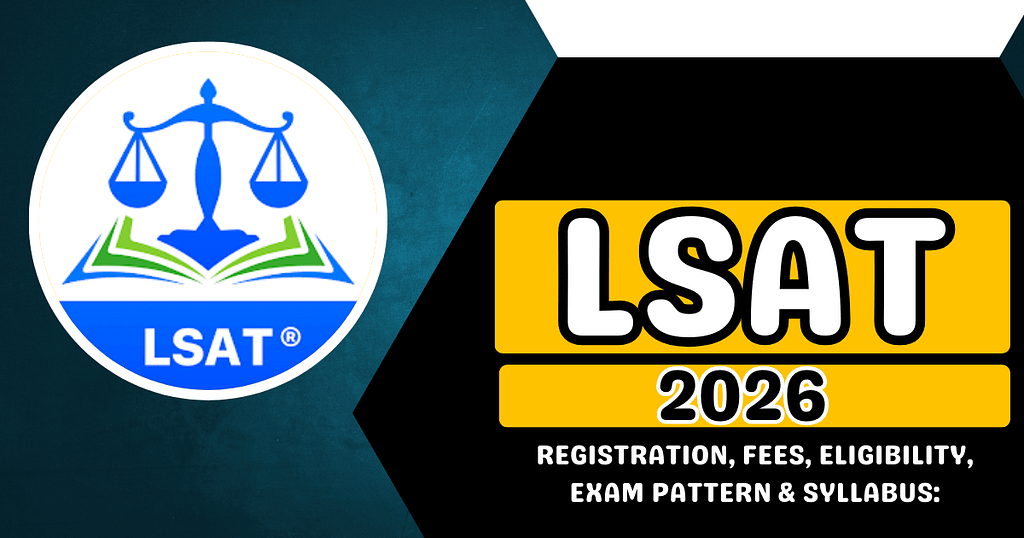
The Law School Admission Test (LSAT) is an entrance test for admission to the best law schools in India and globally. It includes admission to several states such as Harvard, Columbia, Toronto, etc.
LSAT is an abilities-based test intended to test the basic perusing and logical reasoning abilities that are urgent for graduating from a prestigious law school. Before you start your LSAT prep, acquaint yourself with the intricate details of the test so you can be ready for what is to come. Regardless of what you are enthusiastic about, the law contacts pretty much every feature of life—medical services, innovation, the climate, basic liberties, amusement, foreign relations, and even network protection.
LSAT—India is an extraordinary variant of the LSAT test to meet the Indian necessity to concede 12th grade understudies to the 5-year incorporated BA LLB or BBA LLB law program and graduates to the 3-year law program. This examination is conducted globally for admission to colleges in India and foreign countries. The organizing authority for this test is the Law School Admission Council (LSAC). Pearson VUE performs this test on behalf of LSAC.
Do you want to be engaged with the most major problems of the day and advance the reason for justice and equity? It is an ideal opportunity to find how law-related education can make way for a broad scope of vocation openings and prepare you to have a genuine effect in this evolving world.
Here, findmecollege through this article presents the structure of the LSAT examination with the details such as the registration process, fees, eligibility, exam pattern, and lastly, the syllabus for preparation of this exam.
REGISTRATION PROCESS & FEES:
- Candidates need to register themselves online for the LSAT—India on the website. For registration, the candidate has to first Visit the LSAT official website, i.e., discoverlaw.in, then Click on the ‘Registration’ link. After that, they have to Enter Personal Details such as name, date of birth, educational qualifications and address, Qualification details, and Contact Information. Then, they Choose law colleges and upload a photograph in the prescribed format. (PEG/PNG/GIF & Maximum Size should be: 500 kb)
- Then Click on ‘Submit,’ Press the ‘Application Form’ link, Enter the Registration Number and password, and lastly, Remove the fee against the LSAT India Application Form.
- Documents required for registration process- Candidate’s photograph (It must have a clean background, preferably white, with focus on the face) & Signature & Scanned copy of all academic certificates, Mark sheets of class X, XII, graduation, and/or other equivalent exams.
- An LSAT admit card is issued to the candidate for appearing in the exam who fills and submits the application form on or before the last date as prescribed.
- Registration Fees for the LSAT examination are Rs. 3800.
ELIGIBILITY:
- There is no upper age limit for LSAT.
- For a 5-year integrated law course (BA-LLB)- The candidate who has completed 10+2 with the required score from a recognized institution is eligible to sit for the LSAT exam. A minimum of 45% marks are requisite for General, OBC & SAP categories, and a Minimum of 40% marks are requisite for SC & ST categories in the qualifying exam.
- For a 3-year law course (LLB)- The Candidate who has a Bachelor’s degree from a recognized institution is eligible to sit for the LSAT. A minimum of 45% marks are requisite for General, OBC & SAP categories, and a Minimum of 40% marks are requisite for SC & ST categories in the qualifying exam.
- For the PG law course (LLM)- A candidate must secure 45% marks in aggregate and a candidate who is still appearing for their final exams can also sit for the LSAT exam.
EXAM PATTERN:
- Exam to be conducted in offline/online mode.
- Duration for the LSAT exam is 2 hours 20 minutes/140 minutes.
- Exam to be conducted in English language.
- Questions come in a Multiple-Choice Question (MCQ) format.
- Several questions are approx. 92-100, for which the score band is 420-480 marks.
- The paper contains four sections that are-
- Analytical Reasoning– 23 questions are based on this, and 35 minutes are allotted for this section.
- Logical Reasoning- I – 23 questions are contained in this section and 35 minutes are allotted to this.
- Logical Reasoning- II– 23 questions are contained in this section and 35 minutes are allotted to this.
- Reading Comprehension– This section contains 24 questions, and 35 minutes are given to attempt these questions.
- No marks are deducted for any wrong or unanswered questions.
SYLLABUS:
- ANALYTICAL REASONING: This section is added to test candidates’ decision-making abilities. The candidates are asked to analyze the different statements and draw conclusions of their best understanding. It is to test the ability of individuals to make the best decisions so that they can solve legal problems with the same experience.
- LOGICAL REASONING: This section tests a competitor’s capacity to utilize basic deduction in assessing, investigating, and finishing contentions. Each Logical Reasoning question contains a short passage to which the candidate has to answer analyzing it. One requirement to respond to an inquiry in this segment is to have an apt comprehension of the short section. The questions will test the applicant on a wide scope of abilities, including basic Reasoning; extraordinary accentuation will be put on abilities that are fundamental to lawful thinking.
- READING COMPREHENSION: The Reading Comprehension area will incorporate four arrangements of understanding questions, each having a determination of understanding material, trailed by four to nine MCQs that will test perusing and thinking capacities.
For candidates appearing in the LSAT, it is essential to understand the exam pattern of the LSAT. This article provides all the necessary information related to the test modalities, such as mode, duration, making scheme, number of questions, and others. It also provides information about the questions asked in the examination and the skills tested. Candidates should be particularly mindful of the type of questions asked in LSAT.
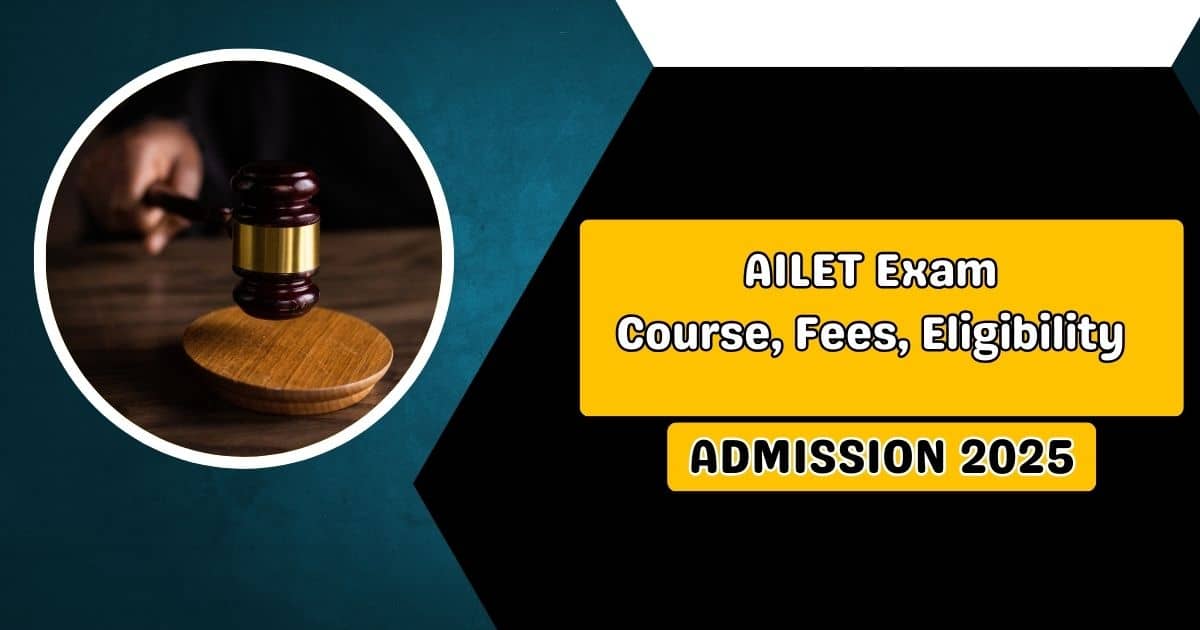
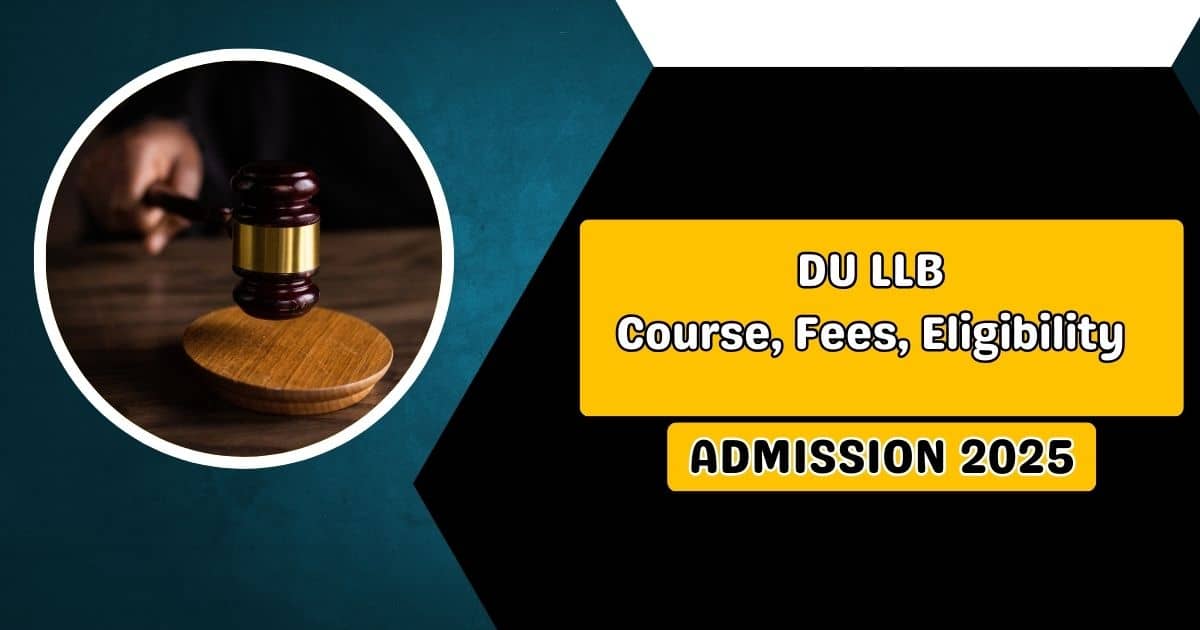
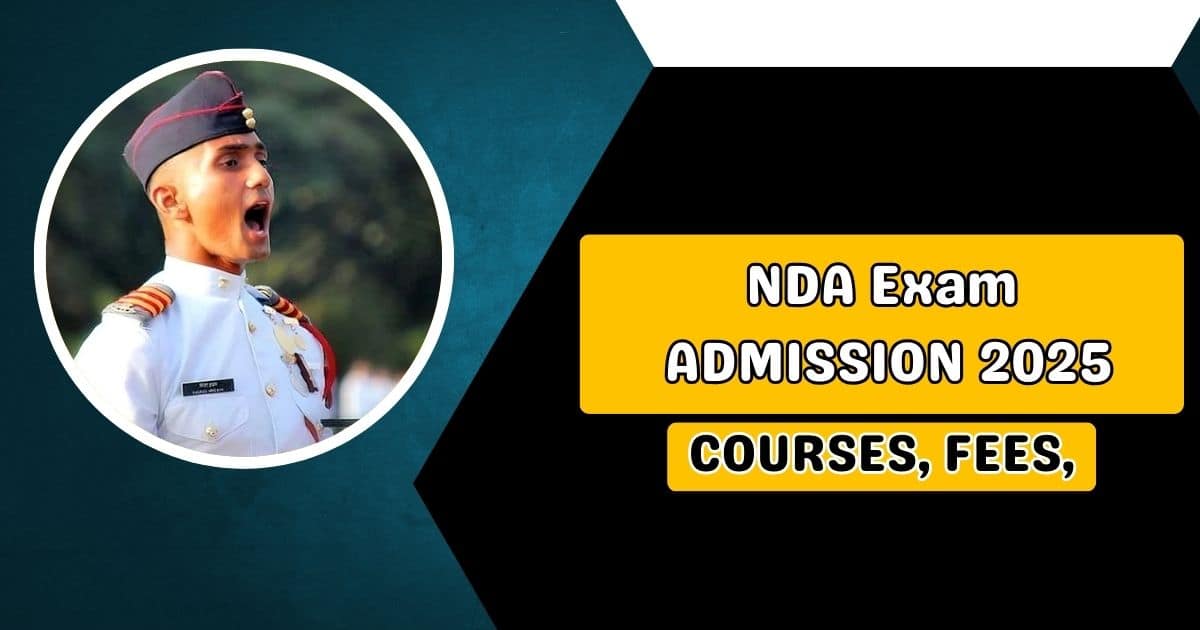
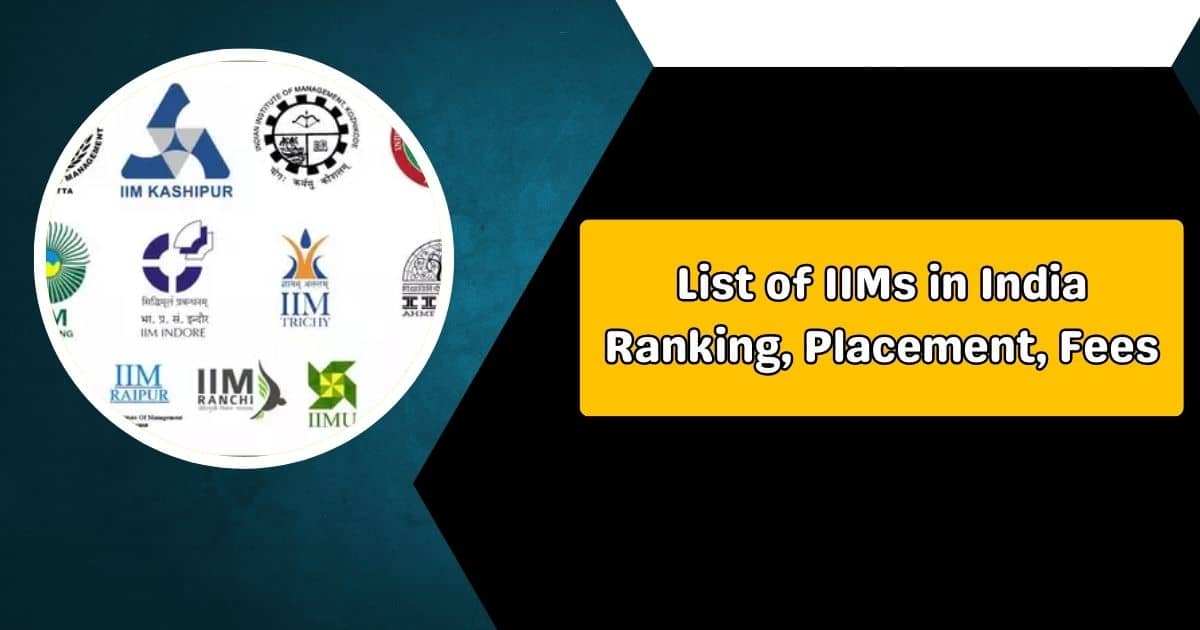
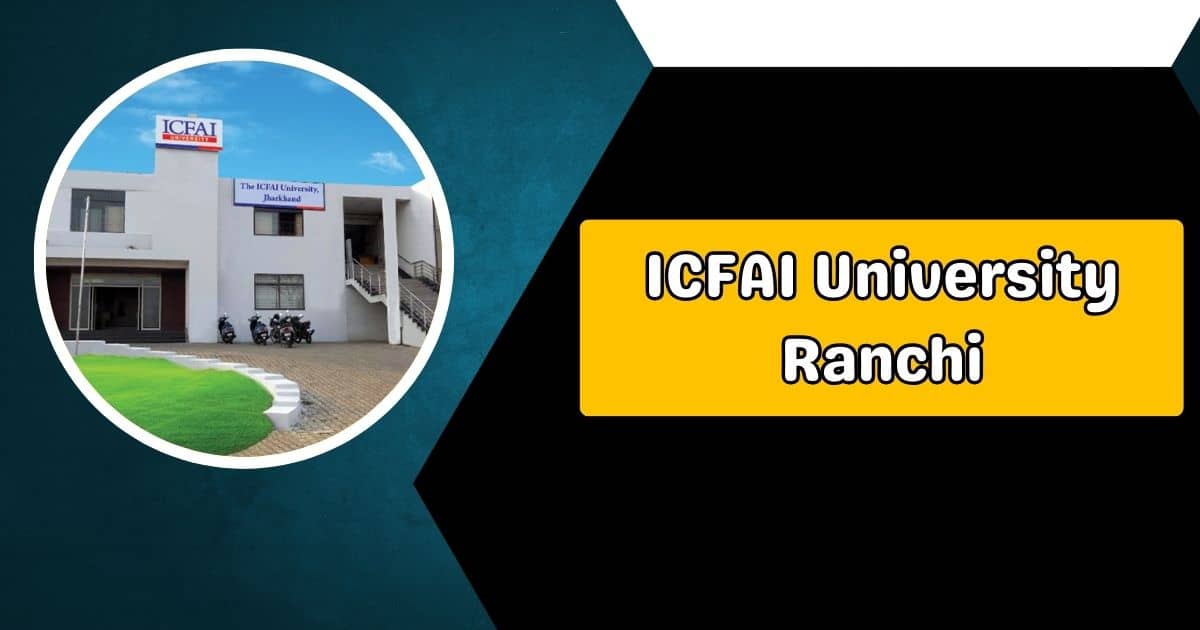
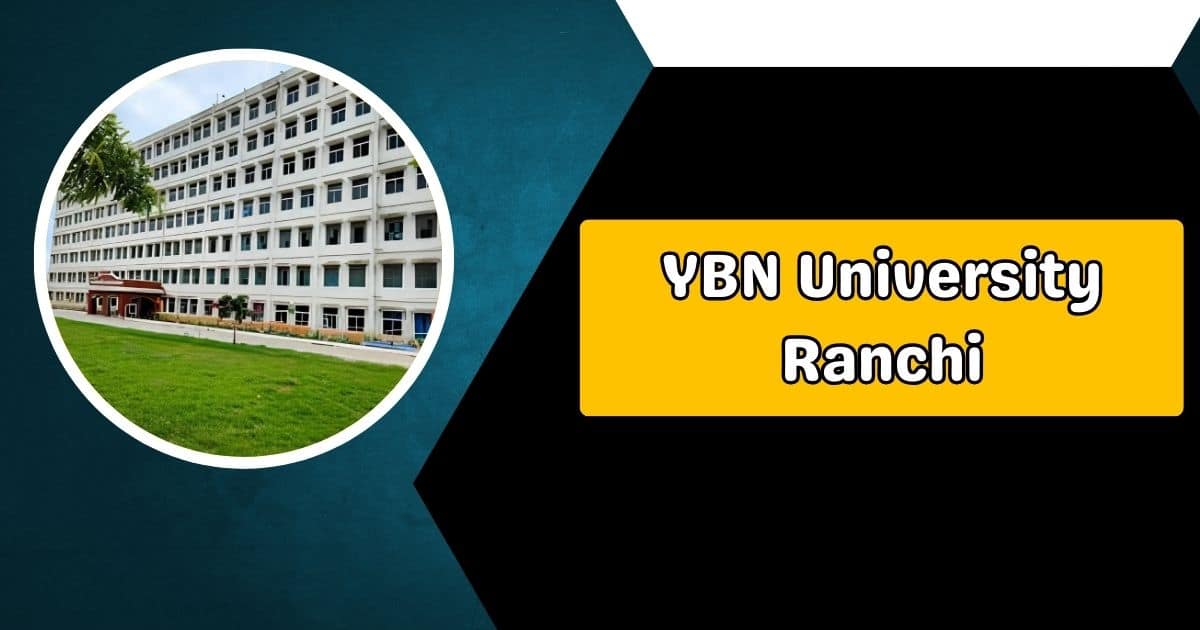

21 thoughts on “LSAT Exam 2025- Registration Process, Fees, Eligibility, Exam Pattern & Syllabus”